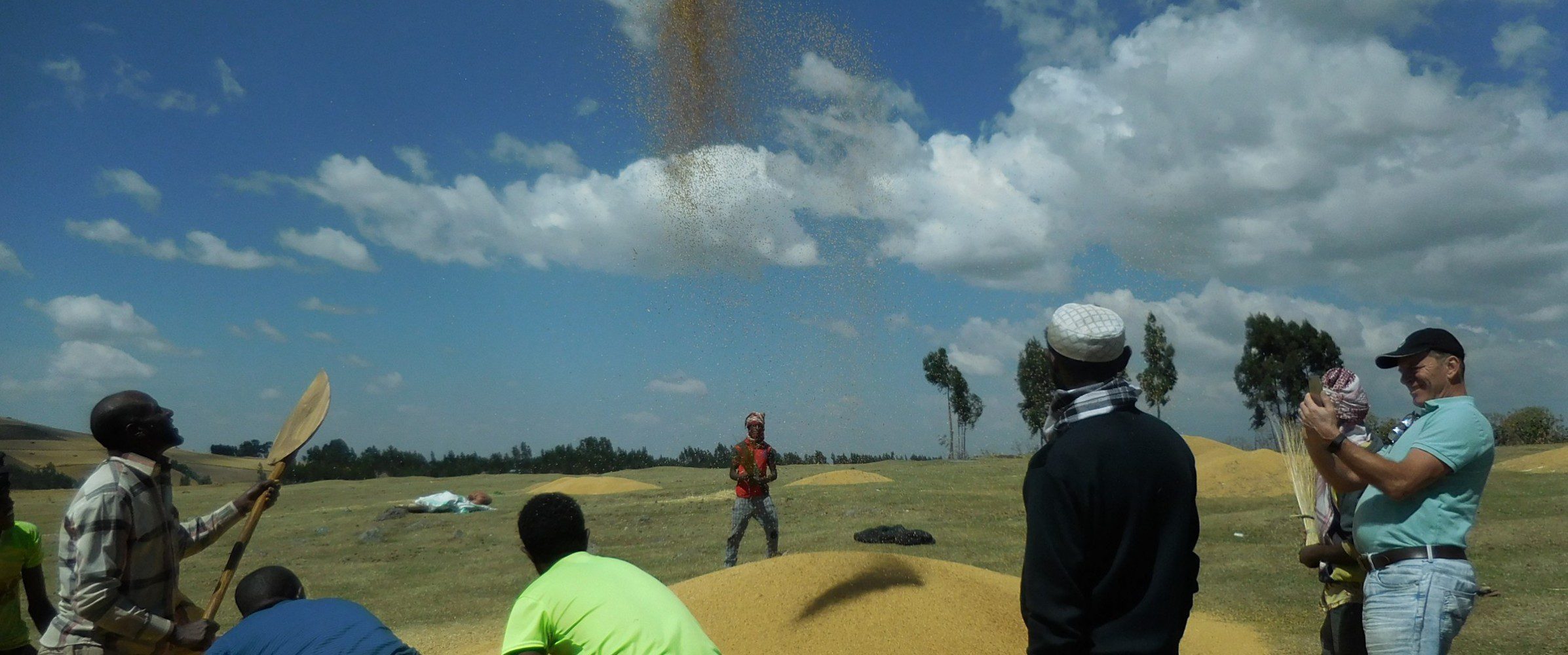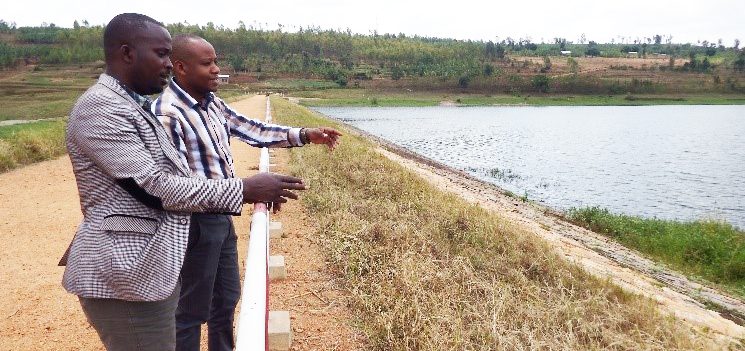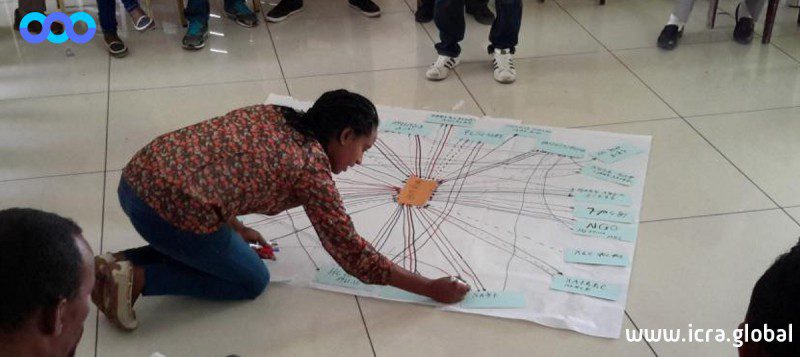
Making Innovation Systems Work – Developing capacities to innovate
Agriculture innovation systems for sustainable impact
An agricultural innovation system is a network of actors or organisations, and individuals, together with supporting institutions and policies – in the agricultural and related sectors – that brings existing or new products, processes, and forms of organisation – into social and economic use.
In a rapidly changing world in which we face challenges like climate change and a growing population, we need innovations to ensure the agriculture sector can fullfil it’s full potential. According to the Oxford dictionary, innovation is “the introduction of new things, ideas or ways of doing something.” But how do you develop innovations? And an even bigger challenge – how do you translate the idea into a practical intervention that can impact the sector and society?
Bringing innovations to bloom is a complex task. In order to transform an idea to an innovation that can be implemented and make an impact on local, regional and/or national level you need successful partnerships. Many actors, in different places in the system need to work together to create ideas and and an enabling environment for those ideas to flourish.
iCRA works in multi-stakeholder partnerships for innovation on policy, research, education and local value chain/ cluster level. iCRA, together with its partners, defined a successful partnership, at any level, as a place of learning and experimentation and micro-level transformation. It is a network of individuals and organisations that are contributing to the same innovation goals. They might not all have the same interests and level of engagement, but they do have common objectives and interactions. At best, it is a community of individuals and organisations that share a common language, vision and strategy, that know how to work together, and that are mutually engaged to achieve innovation.
At iCRA we believe that the most successful solutions are found when people come together, connect, trust one another and understand each others’ challenges and realities – all the way to farm level.
Solutions found at the source are solutions that are carried and owned by all actors; creating a solid foundation for innovations to flourish and have sustainable impact.



What does iCRA do?
iCRA offers training and coaching of facilitators and lead organisations of innovation partnerships.
Our training helps people to become aware of their challenges in working together and provides concrete tools for participants to practice and improve in a safe environment.
Important elements of our training programmes include how to listen to each other, how to negotiate solutions that bring mutual benefits, how to empower and lead your staff to better provide services that facilitate innovation and how to facilitate multi-stakeholder processes. With coaching we guide facilitators as they support the actors in the partnerships with the implementation of their actions plans.
The CDAIS Project
CDAIS is a global partnership on capacity development for agricultural innovation systems. The CDAIS project was launched to address and promote innovation in eight pilot countries – Angola, Bangladesh, Burkina Faso, Ethiopia, Guatemala, Honduras, Laos and Rwanda. CDAIS is a partnership between Agrinatura, a consortium of 31 European universities and research institutes, and the Food and Agriculture Organization of the United Nations (FAO) – with financial support from the European Union Commission for International Cooperation and Development.
The ultimate goal of the project is to make agricultural innovation systems more efficient in meeting the demands of farmers, agribusiness and consumers. At a global level, CDAIS supports the development of a Common Framework on Capacity Development for Agricultural Innovation Systems and related activities in the context of the Tropical Agriculture Platform (TAP), a G20 initiative launched to facilitate capacity development in agricultural innovation in the tropics.
The project is coordinated by iCRA – on behalf of Agrinatura. iCRA is responsible for project implementation in Ethiopia and supports capacity building in Guatemala, Bangladesh, Honduras and Rwanda. iCRA trains and coaches the national innovation facilitators and leading-organisations of these countries in collaborative and reflective leadership. As a key partner of the global CDAIS team, iCRA contributed to the conceptualization of the tools used during the project, coordination of activities, overall implementation and administration.

Recent Comments